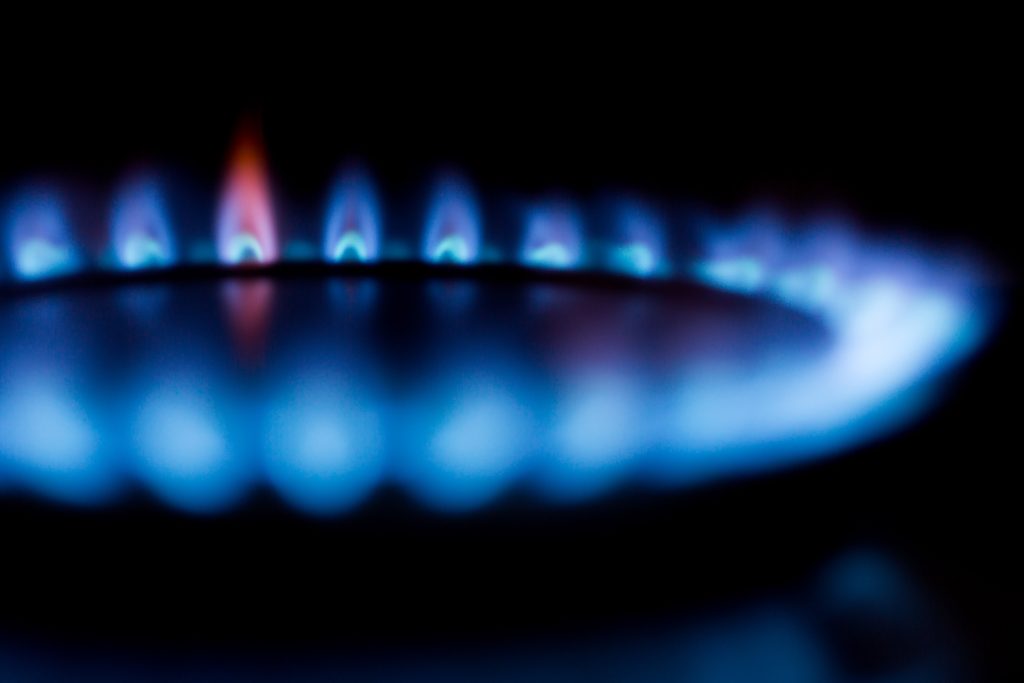
When we think about putting out a fire, the first thing that comes to mind is almost certainly throwing water on it. But is that always the best option? The answer is no, each flammable material needs to be extinguished in a different way.
When to use water to extinguish a fire and when not to?
Water is an extinguishing agent that absorbs heat and is incombustible, which means it cannot burn. This means when we throw water on a fire, it absorbs the heat given off by the fuel, turning into a gas – water vapour – which prevents the fuel from being able to continue reacting with the oxygen. An example of this is the way fire fighters use water. These professionals use special nozzle in their hoses to spray water in very small droplets, which helps the water turn into vapour and speeds up the process of extinguishing the fire.
But, as we mentioned at the beginning of this blog post, it is important to know that there are occasions when water is not fire’s biggest enemy and, what’s more, it can make a fire worse.
It is useful to know the origin of the fire, since in some cases using water on its own can make the situation worse.
When NOT to use water against a fire?
- Fire caused by oil, gas, grease and electrical devices. When you pour water onto a frying pan containing hot oil, the water evaporates, pulling droplets of oil up with it, which will catch alight immediately. In these cases, it is necessary to use a fire extinguisher suitable for kitchens or, if you don’t have one, wet a cloth, wring it out and throw it over the pan.
- Gas or petrol: we must never use water in these situations or we could cause an explosion. Get away from the area as quickly as possible and call the fire brigade.
- A short circuit, an electrical installation problem or an electrical device that starts to burn are situations that can occur and that we should never try to extinguish with water. Water conducts electricity and, if the electrical current is switched on, you could electrocute yourself. If you are faced with an electrical fire, cut the power supply off as soon as possible, use specific extinguishers for electrical fires (such as dry chemical extinguishers), get out of the building and call the fire brigade as soon as possible.
- Chemical fires, the least common situation in a home. These are fires that originate on combustible metals, such as magnesium, titanium, potassium and sodium, and can only be put out with an extinguisher.
When faced with a fire, the most important thing is to be practical. Depending on the scale, the first thing to do is to call the fire brigade and meanwhile, as immediate measures, follow these tips to prevent the flames from spreading and help put them out as quickly as possible.

